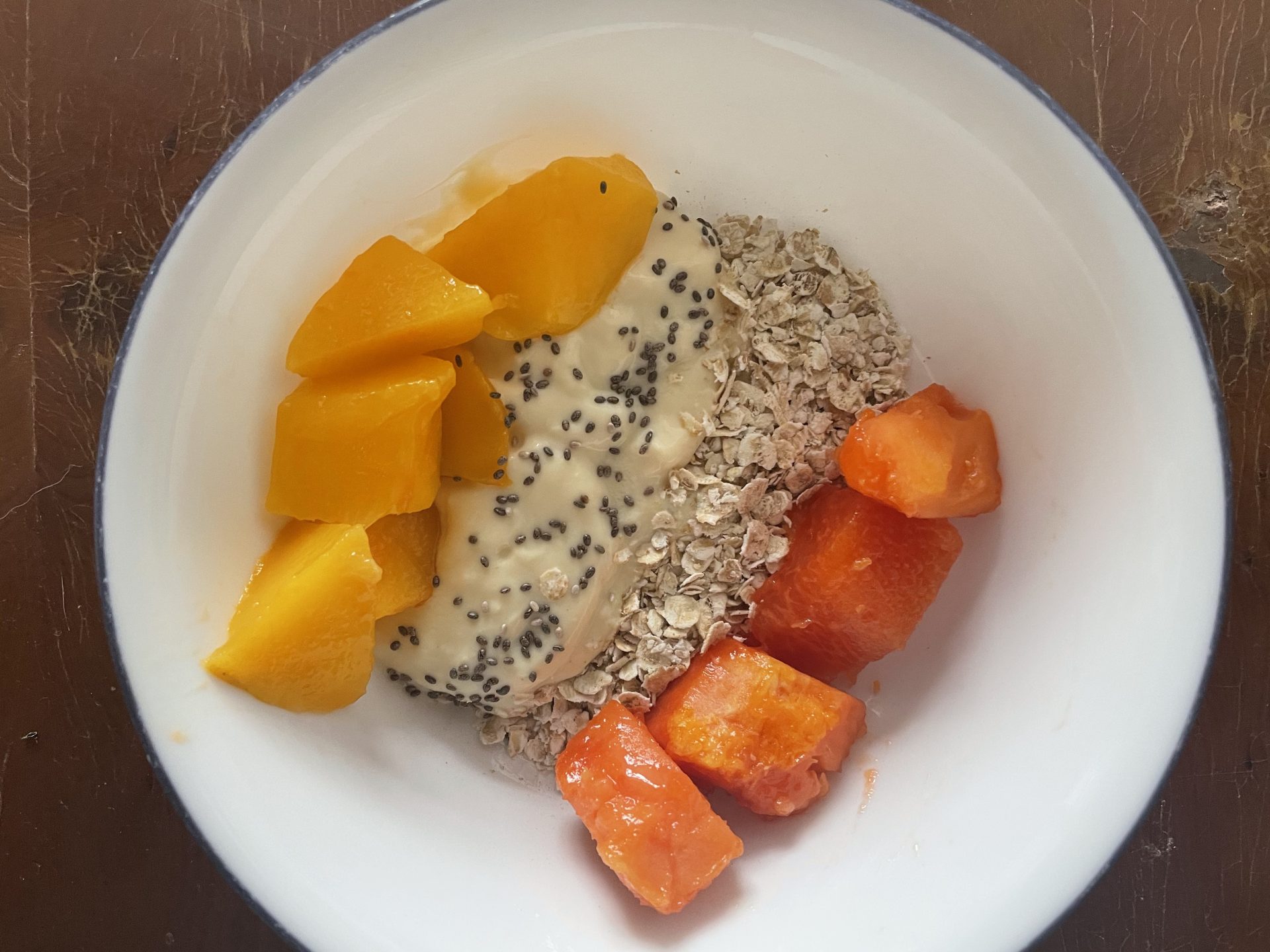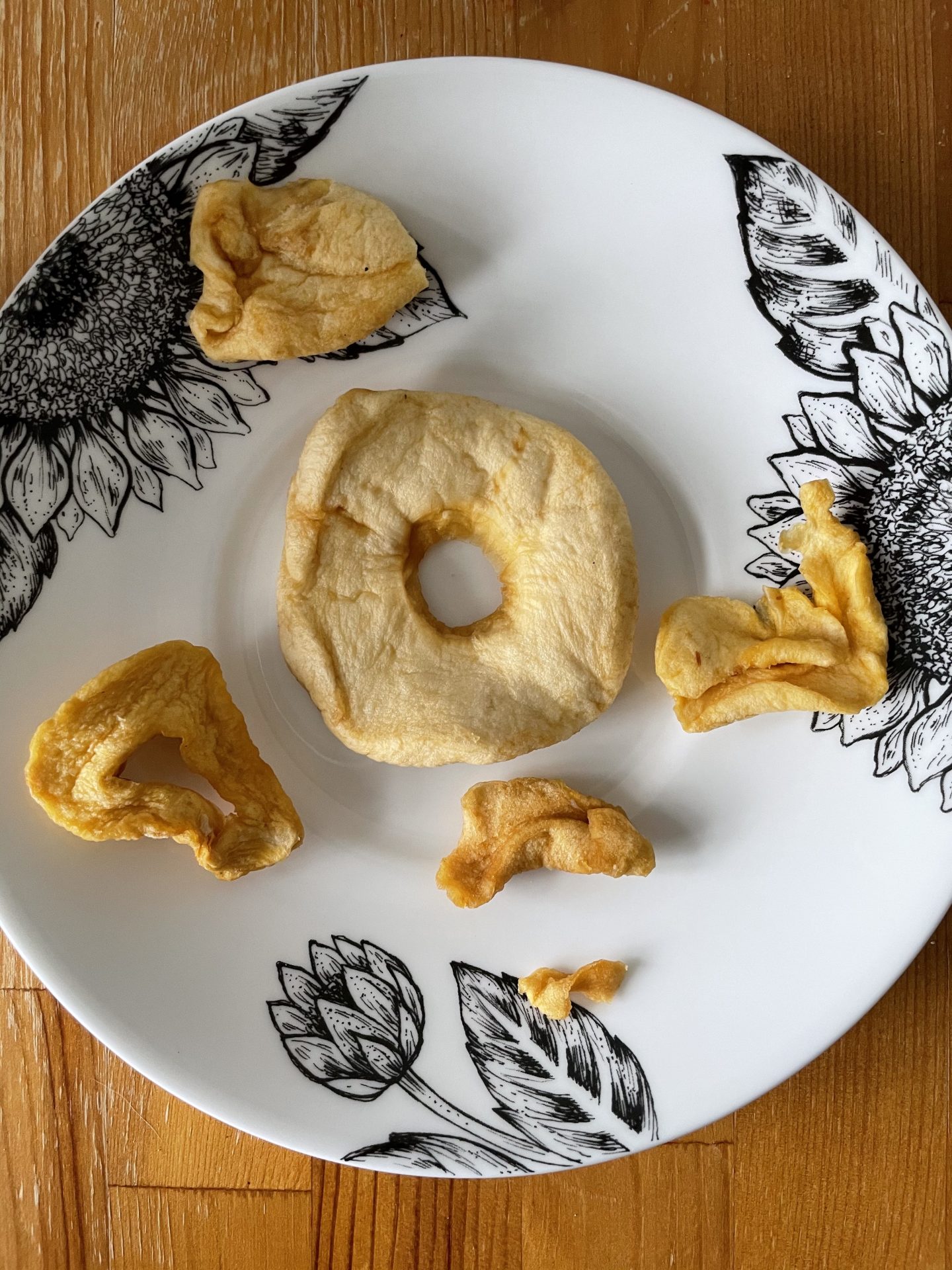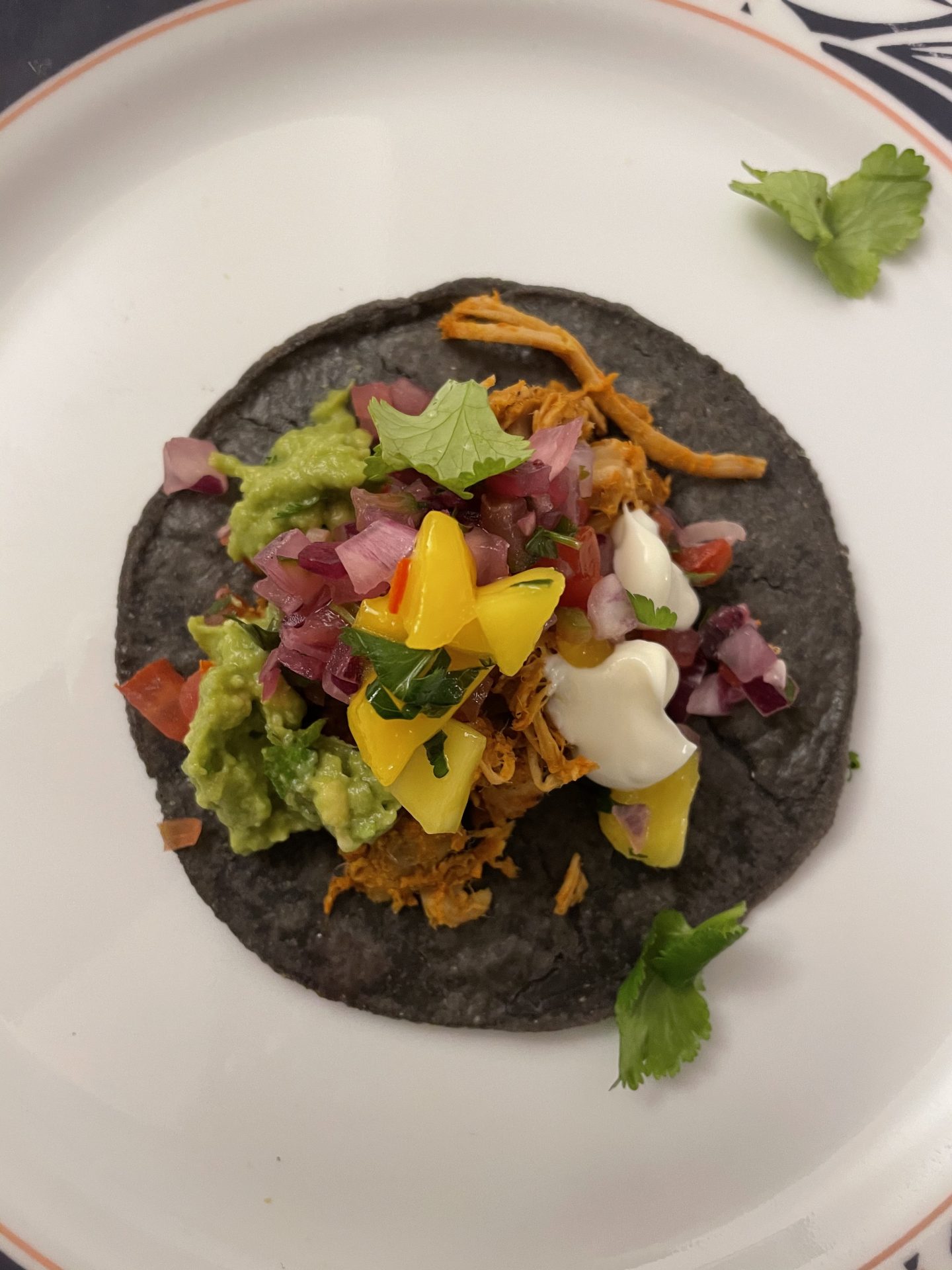Self-confessed “sugar addict”, Kavi Shah, ditched the sweet stuff for 14 days and was amazed to find that the benefits went well beyond having more stable energy levels…
To say I have a sweet tooth is an understatement. I’ve always followed dinner with dessert, while ice cream and cake are among my favourite snacks. NHS guidelines on sugar consumption advise that adults should have just 30g of “free sugars” per day. By free sugars, they mean “refined” sugars; those often found in cereals, fruit yoghurts, fizzy drinks, biscuits, chocolate, granola bars where sugar is added, as well as fruit juice or honey where sugar is naturally present.
Our daily recommended amount of the white stuff is the equivalent of one Double Decker chocolate bar. I probably eat at least three times that amount every day, and it seems that I’m not the only one: sugar intake in the UK is rising, despite government efforts to crack down on it.
We all know that excess sugar is bad for the teeth – I’ve got the fillings to prove it – and the body in general. It contributes to inflammation, diabetes and can increase the risk of heart disease. But it’s also addictive (some animal research suggests it to be as addictive as cocaine), and that’s what makes it easy to continually increase your consumption.
You may also like
Breakfast ideas: nutritious mixed berry smoothie bowl for busy mornings
Registered dietician Fareeha Jay explains the science behind it: “Refined sugar gives you a short burst of energy; after you’ve had it, you feel extremely energetic for a while. However, your body breaks it down rapidly and soon after, you feel lazy and sluggish – which is when you reach for a top up. If you keep eating refined sugar to regain energy, you will increase your intake of calories. But if you stop eating refined sugar, you must find an alternative source for prolonged energy. By making healthier choices in your diet and significantly reducing refined sugar, you may find that with time, you have improved focus and increased energy levels.”
The effect of sugar isn’t simply biological, though – it’s psychological too. “We must remember that having high sugar foods provides us comfort. Sweet treats and cakes are the highlight of all celebrations and festivals. The problem is not entirely with sugar, but with the amount that we tend to have,” Fareeha explains.
So, in an effort to see what all this sugar was having on my general wellbeing and energy levels – I put myself on a 14-day refined sugar fast. Anything that had sugar added to it was out and following Fareeha’s expert advice, I replaced those refined snacks with natural sugars like those found in fruit, vegetables and milk to ensure that I was still getting my fill of nutrients and energy.
14-day without refined sugar
Days 1-5: sugar-free shock
The first few days were eye-opening. “If you don’t cook your meals yourself, you’ll find this really challenging,” Fareeha warned me before I started. I quickly discovered why – everything from supermarket stir fry sauces to marinades, pasta sauces, oven food and salad dressings contain sugar, so that ruled out all the shortcuts in the kitchen.
Even breakfast wasn’t straightforward; I couldn’t just fill up on my usual chocolate-studded cereal because many cereals contain added sugars. Even the ones that don’t have any refined tend to be high in sugar (which is great if you’re having breakfast before a run or strength session). Instead, I started making smoothies with fruit and veg… but after speaking to Fareeha, I even had to give those up as I learnt that once you blend fruit or vegetables, sugar is released – turning it into “free sugar”. So that led to me alternated between omelette and avocado with whole grain bread, and plain yoghurt with blueberries and oats.
By the end of the second day, I was feeling sluggish and irritated, and this continued for another couple of days. The most difficult period was the 4pm slump, around about the time I’d usually make tea and have a piece of chocolate, a snack bar or a biscuit. “You might miss your biscuits and chocolate and crave for them, but it’s a habit and letting go of that can be difficult,” Fareeha said.
She recommended trading cakes and biscuits for a piece of fruit or nuts and seeds. “If fruit doesn’t satisfy your sweet tooth, opt for dates, dried figs or mulberries as they are extremely sweet. Although nuts and seeds are not sweet, they can help when you are craving a snack.”
Dried fruit offers sweetness as well as vitamins, minerals, fibre and antioxidants – something which cakes and biscuits don’t have. Still, it’s important to be mindful of portion size when it comes to eating dried fruit. Fareeha says: “All the water is zapped out of the dried fruit, making it high in concentrated sugar. A good portion for fruit is 80g – although the equivalent for dried fruit would be 30g. To put it into context, one portion would be up to three dates, three prunes or three dried apricots.”
I took to my new snacks well; I discovered a love for coconut chips and dried apple rings, and actually found myself eating more at mealtimes and snacking less, with herbal teas keeping me going between meals. By day five, I noticed that I’d been staying up later than usual and wasn’t actually feeling that tired when getting to bed, but drifting off into a deeper sleep.

Days 6-10: bittersweet progress
By week two, I’d become hyper-aware of just how much sugar I’d been consuming and started to feel icky about my habit. It was also interesting to reflect on how often sweet treats are used as a form of social currency – we tend to gift cakes, chocolates and baked goods to loved ones, rather than celebrating with fresh fruit.
Looking harder at ingredients, I discovered that even certain “savoury” foods like crisps and Ritz crackers have sugar added to them. In a bid to keep some familiarity in my diet, I looked for low sugar alternatives; the no-added-sugar ketchup was fine but the reduced sugar baked beans took a bit of getting used to.
I was forced to be more creative and brave with my cooking – giving baba ghanoush, tacos, Thai green curry and brown rice, quiche and dhal a go. One other upside of this process was that I ate more fresh produce than I had in months. I felt better about what I was putting in my body and found that I wasn’t actually missing the sugary hit as much, especially not on days when I was busy.
I was feeling lighter on my feet and more energetic, which Fareeha explained was down to me finding more wholesome sources for energy rather than refined sugar.

Days 10-14: feeling good
Towards the end of the two weeks, I felt like I was through the worst of it. I didn’t look lovingly at the snack cupboard so much and the dried fruits I was eating tasted even sweeter.
Though it wasn’t the intention, by the end of the 14 days I also found that my body fat was down 0.2%. This could be because I was eating more fruit, vegetables and protein, and the body burns them off more efficiently than refined sugar. Another added bonus was that my eczema had calmed down slightly, perhaps because there was less sugar going into my body, therefore creating less inflammation.

Afterthoughts
The experiment gave me a much-needed reality check. It was a chance to take a step back and notice just how much sugar I used to eat and the habits I’ve mindlessly formed around sugar. I’m now determined to reduce the amount of refined sugar I eat on a daily basis, and I’m keen to make sure my home remains stacked with healthier snacks.
It’s definitely not necessary to cut out refined sugar altogether – we all need a little of what we fancy – but if you’re struggling to remain energised throughout the day, it’s worth giving this sort of experiment a go. “Whatever sweet treat you have, the most important thing is to watch your portion,” Fareeha advises. It was only by going cold turkey that I realised just how much I’d come to rely on refined sugar as an energy source.
Want to discover some simple and nutritious recipes? Make sure you check out our meal ideas in the SWTC library.
Source: Read Full Article
